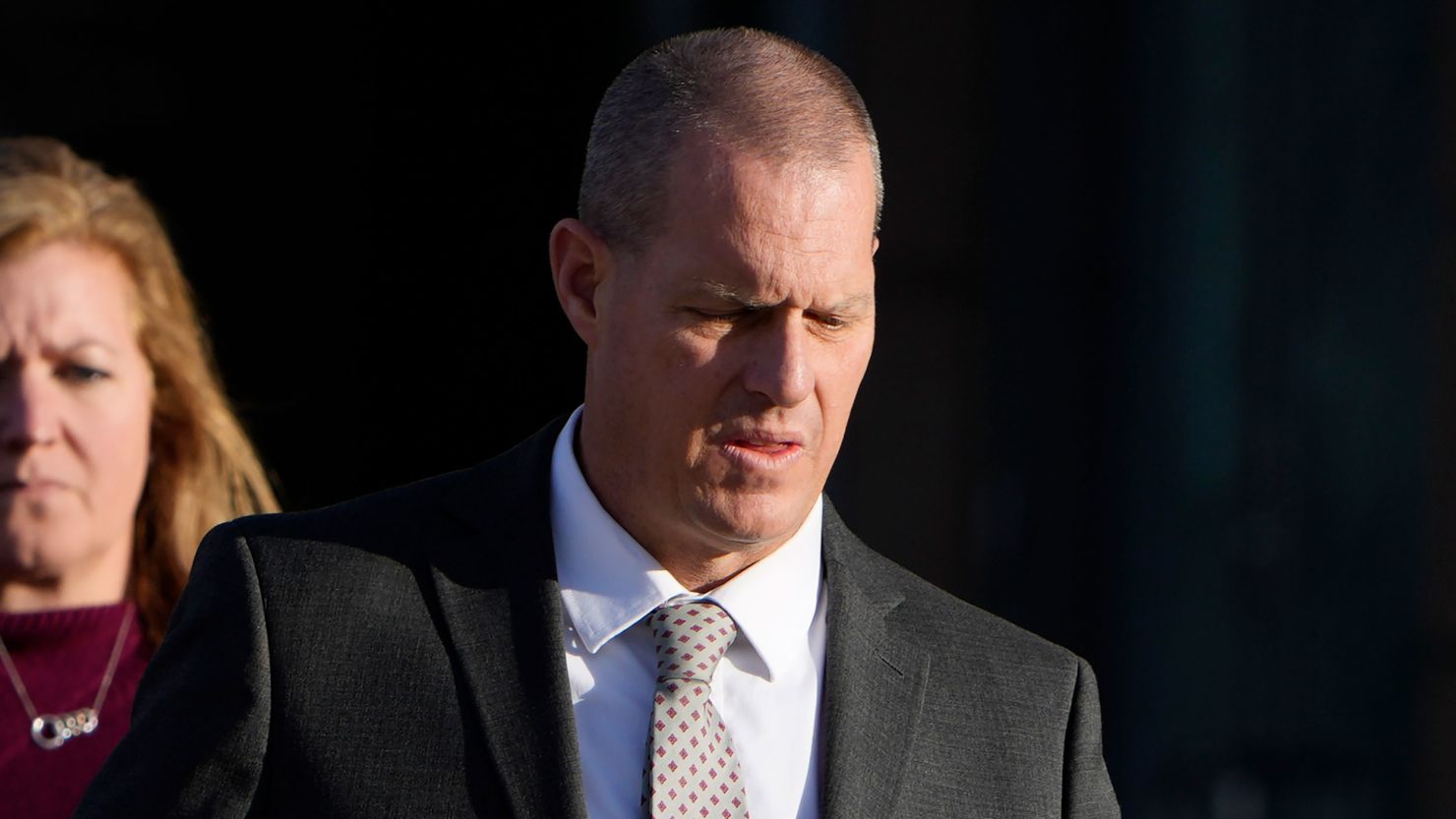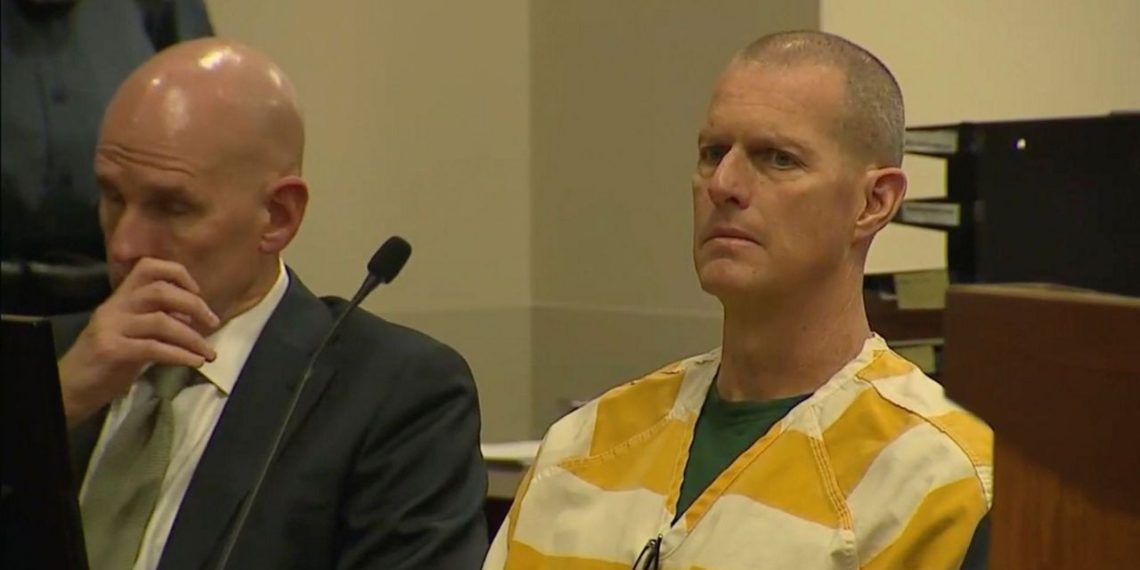A Colorado judge is set to deliver the sentencing for paramedic Jeremy Cooper, the last defendant facing jail time in the death of Elijah McClain in 2019.
McClain, a 23-year-old Black man, died following an encounter with police, during which he was restrained and injected with ketamine by paramedics. Cooper, convicted of criminally negligent homicide, faces up to three years in prison.
McClain’s tragic death sparked a series of trials, with one police officer receiving a 14-month prison sentence, two officers acquitted, and Cooper’s fellow paramedic sentenced to five years. Paramedics rarely face charges in such cases, making Cooper’s trial significant.

Since McClain’s death, Colorado has undergone notable police reforms catalyzed by widespread racial justice protests following George Floyd’s killing.
State Representative Leslie Herod emphasizes the need for proactive policy changes, citing McClain’s murder as a catalyst for progress.
Herod highlights a 2020 police reform bill she co-sponsored, emphasizing officers’ duty to intervene in civil rights violations.
Several legislative measures directly address issues raised by McClain’s case, including the banning of chokeholds and restrictions on ketamine use by police.
Police trainers are now prohibited from instructing on “excited delirium,” a racially charged pseudo-diagnosis.
Dr. David Pyrooz, a University of Colorado criminologist, notes Colorado’s transformation into a “battleground for police reform,” driven by public pressure. However, he cautions that increased scrutiny may deter individuals from pursuing police careers.

Alexander Landau, from the Denver Justice Project, underscores the importance of district attorney elections in shaping justice.
McClain’s case, initially declined by the local district attorney, only proceeded after intervention from the state attorney general’s office.
Landau stresses the need for community engagement in district attorney races to combat systemic issues in law enforcement.




